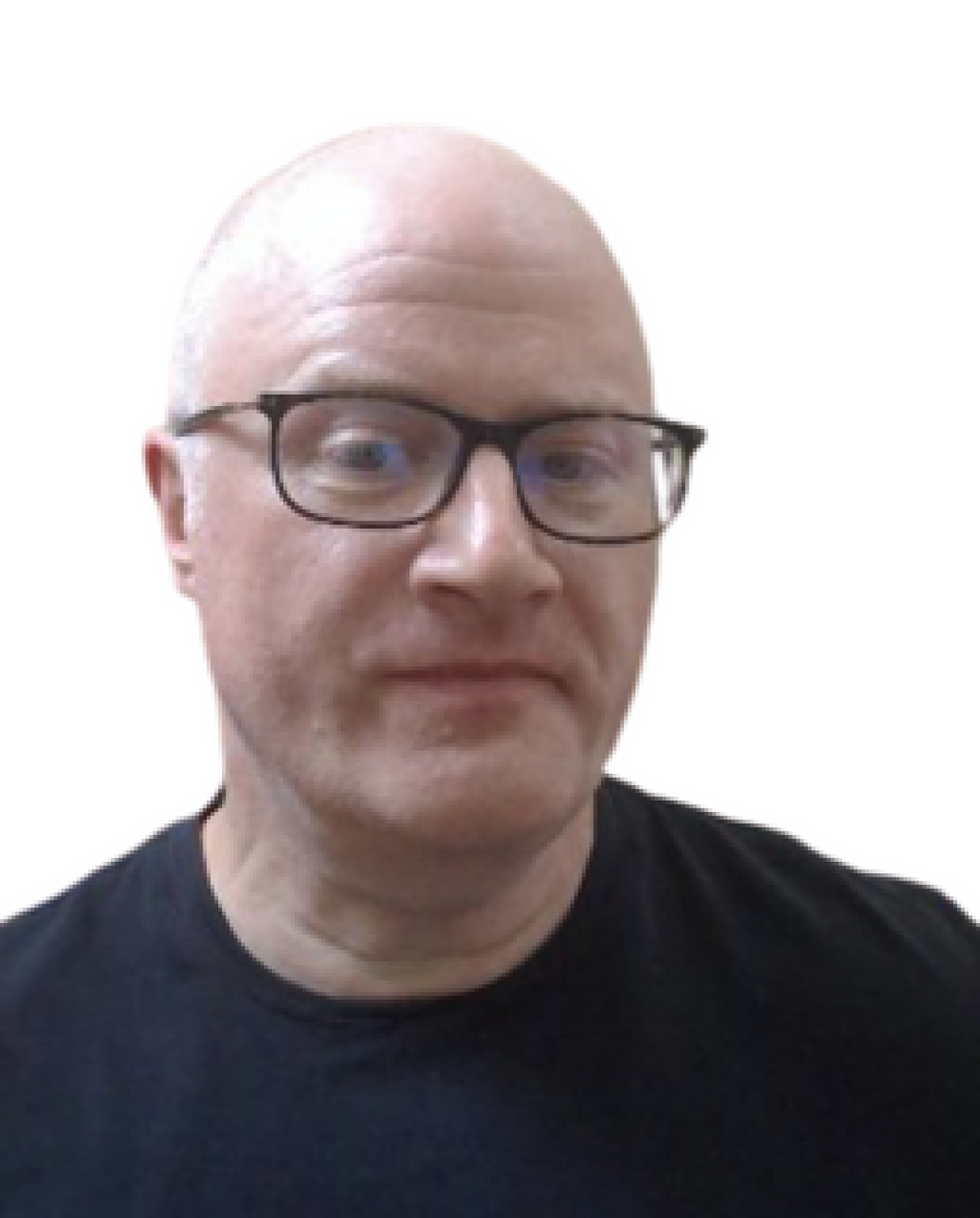
"Alan Lightman and Martin Rees's book, The Shape of Wonder: How Scientists Think, Work, and Live (2025), describes the lives of scientists; what inspires them, how they spend their time, how they became scientists, and how they develop the values that they bring to their work. Non-science-related activities such as hobbies, joys, backgrounds, family lives, and other obsessions humanize scientists. Another important theme of the book is describing the factors that keep scientists going in the face of repeated failure with little loss of enthusiasm."
"Anti-science is rampant (Hotez, 2023), and fact-free policy development and implementation in public health, climate, economics, medicine, and mental health care is thriving. Attacking universities and scholars is a key part of fact-free policy-making. Nearly all scientists have received bad-faith critiques via email or social media. Many have even received threats (Hotez, 2023). And some have been targets of campaigns that attempt to remove them from their academic positions."
Scientists are frequently attacked to undermine their credibility, enabling fact-free policy decisions across public health, climate, economics, medicine, and mental health care. Personalizing scientists through accounts of hobbies, family lives, backgrounds, and non-scientific passions reveals their humanity, motivations, and values. Accounts of persistence and sustained enthusiasm despite repeated failures illustrate focus and resilience. Humanizing narratives can strengthen public trust in scientific findings. Targeted bad-faith critiques, threats, and campaigns to remove scientists from positions are common tactics used to discredit science. Restoring credibility requires understanding scientists' motivations and communicating their human attributes alongside scientific evidence.
Read at Psychology Today
Unable to calculate read time
Collection
[
|
...
]